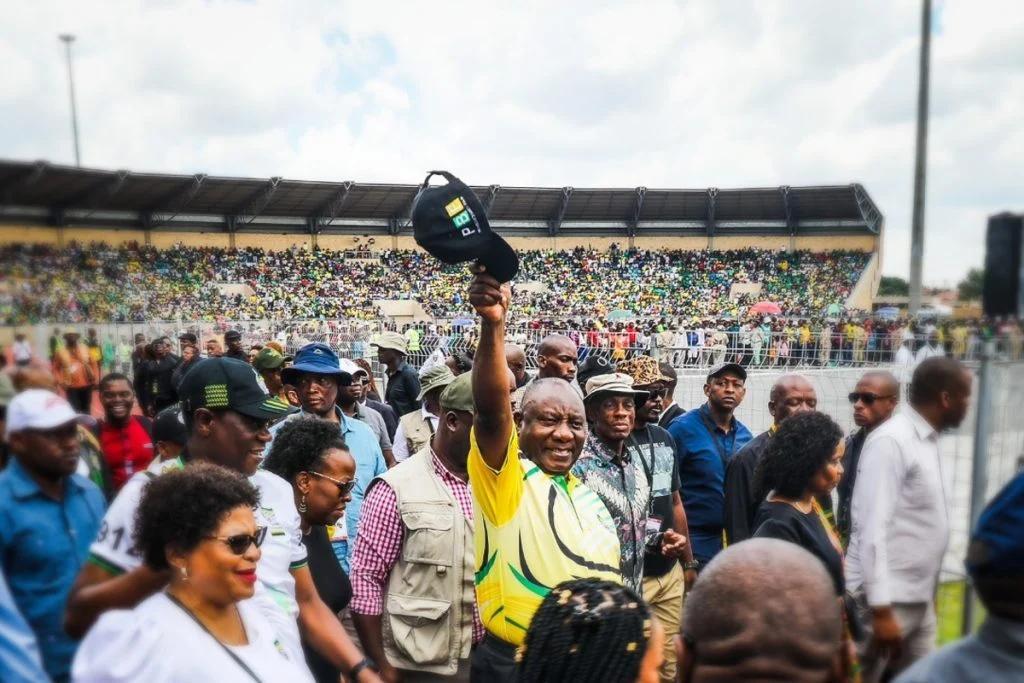Africa-Press – South-Africa. South Africans will soon be heading to the polls, but the effects of political shifts on the economy may be exaggerated.
With the ANC expected to lose its majority, many investors are feeling jittery over who it will elect as its coalition partner in what has often been touted as the most important election since the dawn of democracy.
Although separate surveys from Bloomberg and Bank of America showed that investors are expecting an improvement in South Africa’s financial markets following the election, historical data suggests that South Africa’s markets are at the mercy of several other domestic and international factors.Nomi Bodlani from Allan Gray compared the total returns of the FTSE/JSE All Share Index and the MSCI World Index during the 2009 and 2019 election years.
The pre-election investment context in 2009 was fractious. The election followed the global financial crisis, the first recession in the country’s history, and a soon-to-be president facing criminal charges.
Markets had returned -23% in 2008, while global markets were down -17%.
“Enter the election year, and despite all the uncertainty, local markets recovered, ending the year up 32%, while global markets delivered only 2%,” said Bodlani.
“In the four years that followed, the SA stock market achieved a 20% annual return on average (measured monthly over those 48 months), similar to what the investor would have achieved in global returns.”
Pushing ahead to 2017, markets rallied after Cyril Ramaphosa took over as president of the ANC, with stocks, bonds and the rand receiving a boost.
After Ramaphosa became president of the country in February 2018 following Jacob Zuma’s resignation, citizens and investors were filled with hope. The new president was seen as more business- and investor-friendly.
Nevertheless, this did not deliver attractive returns, with local markets returning -9% in 2018.
Although the local market’s performance improved in absolute terms, delivering 12% in 2019, it still massively underperformed global markets.
“At the end of the day, our worst fears, or hopes, do not necessarily impact markets in the way in which we predict. In these scenarios described, political shifts had little to do with what transpired in the markets over meaningful periods; bigger forces were at play,” said Bodlani.
“In 2009, South Africa fared better than other countries during the Global Financial Crisis and therefore outperformed global stocks.”
“And in the periods that followed 2019, global tech stocks rallied, while pretty much nothing else did, resulting in SA underperforming global markets.”
For More News And Analysis About South-Africa Follow Africa-Press






